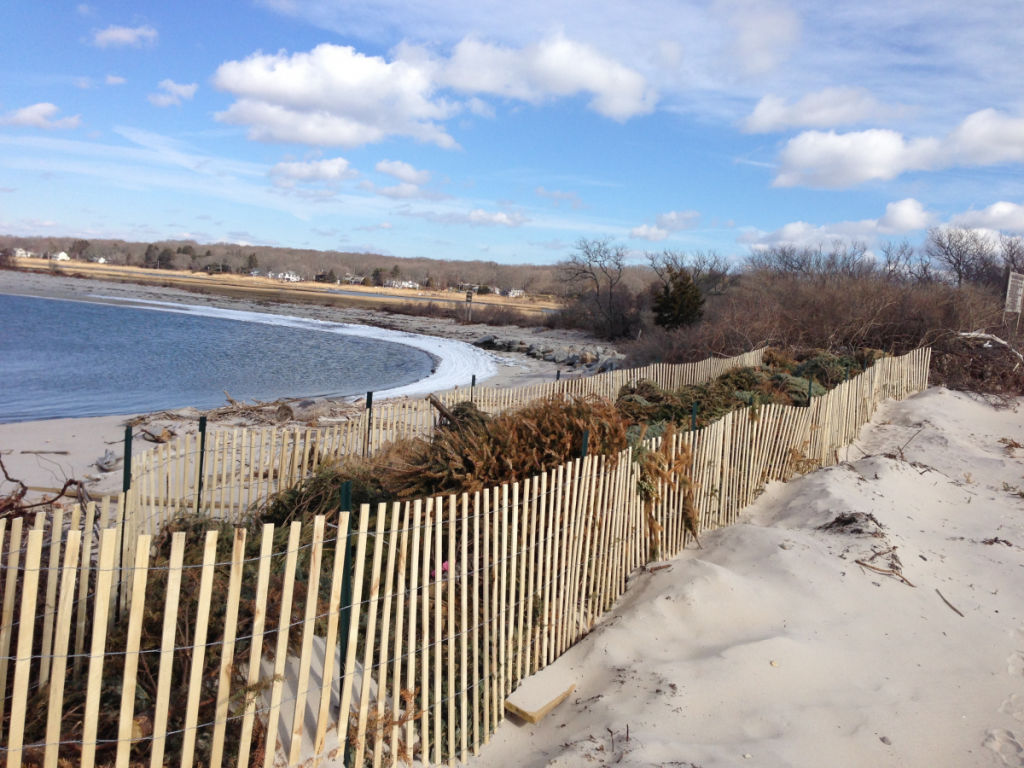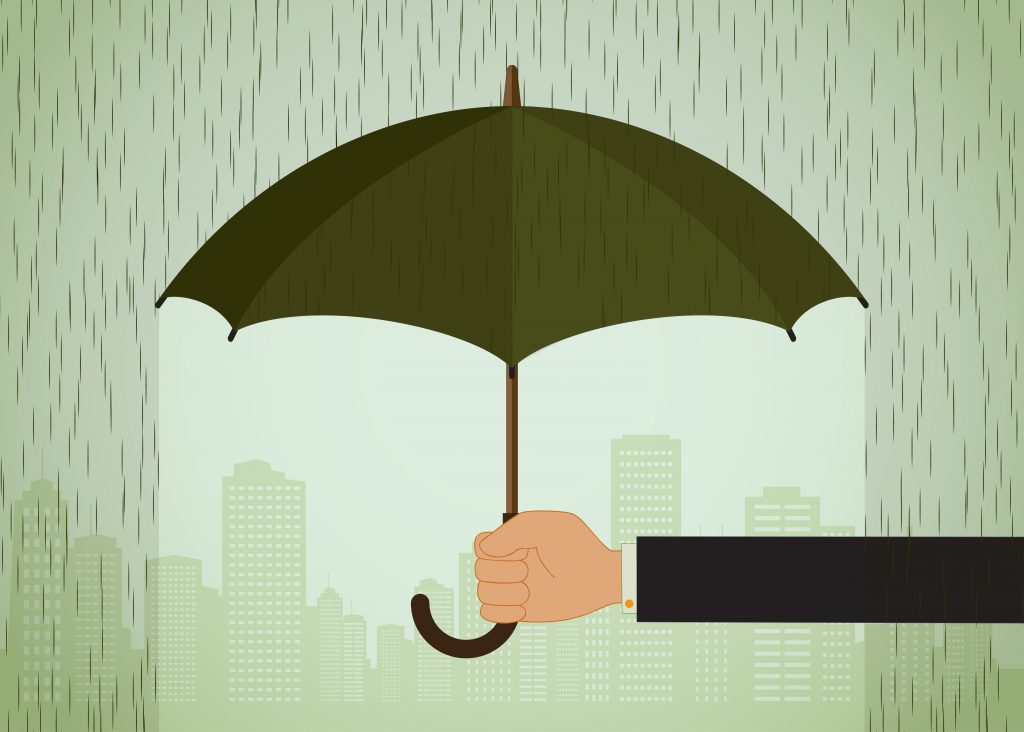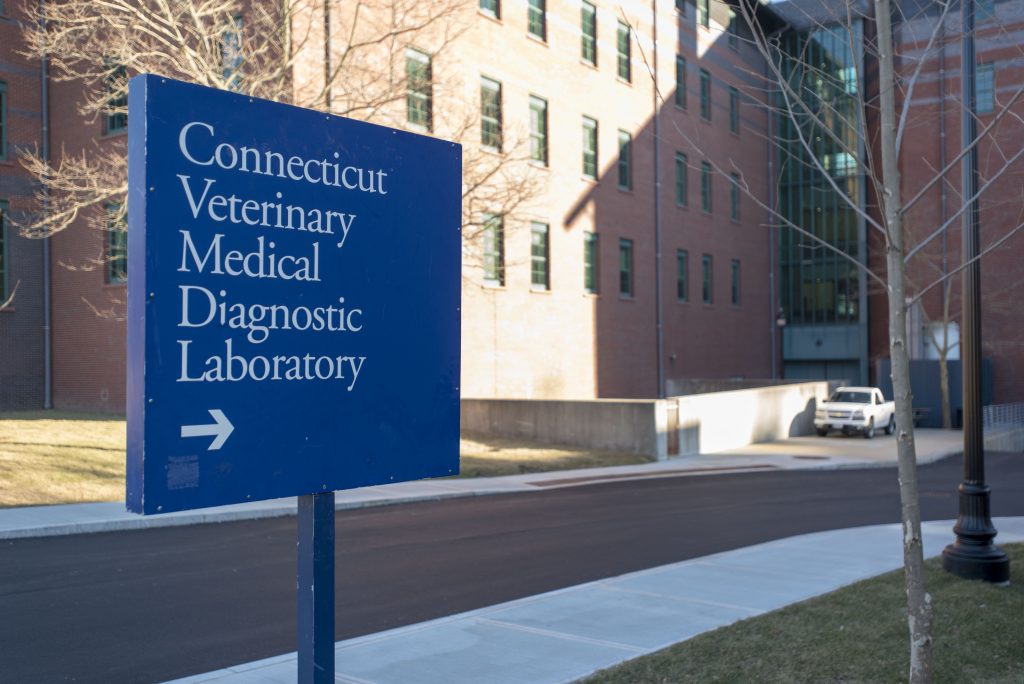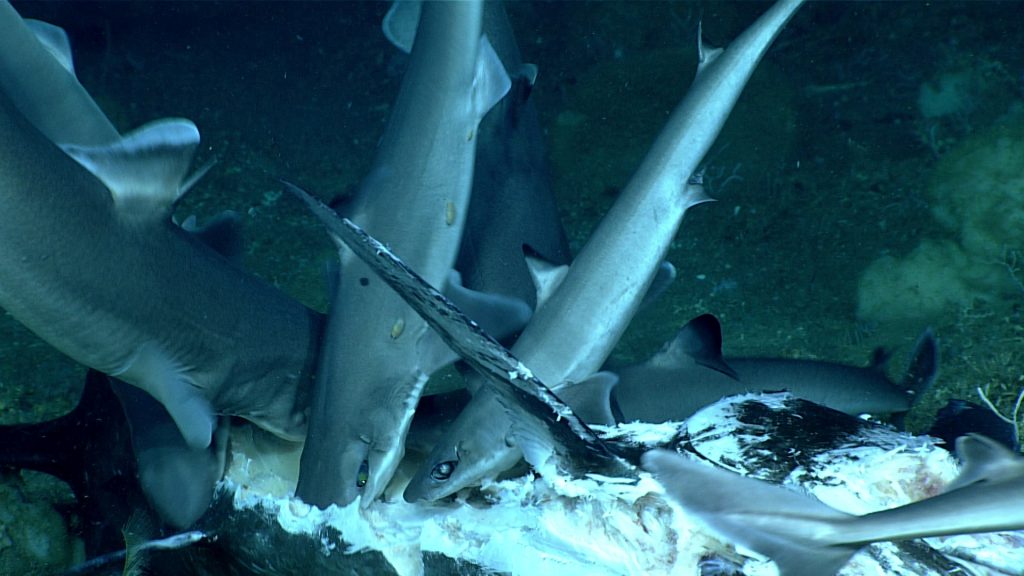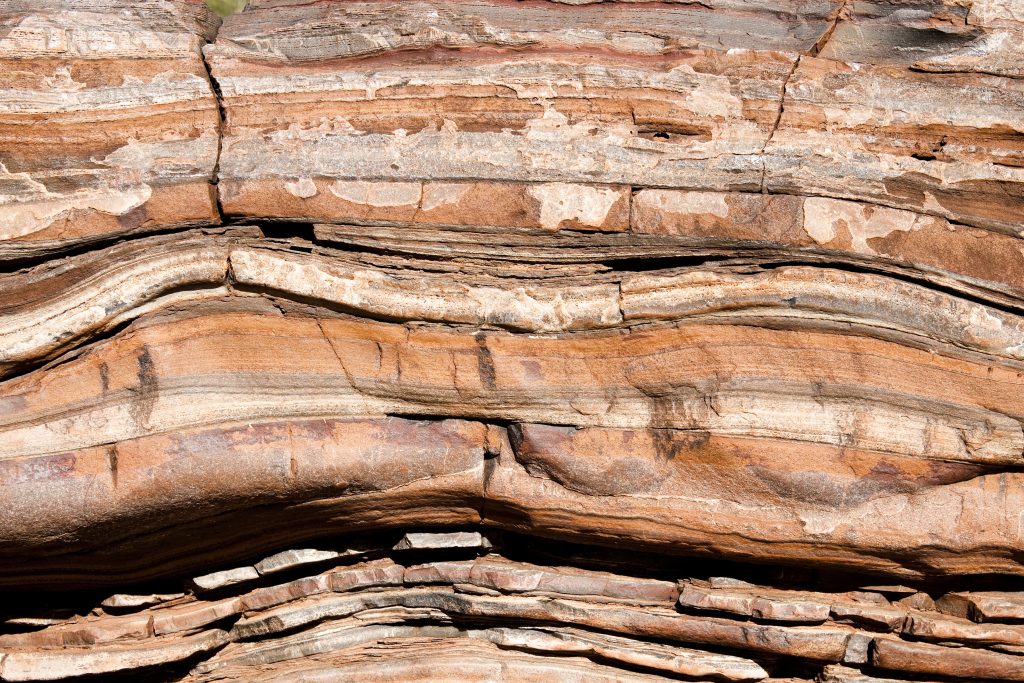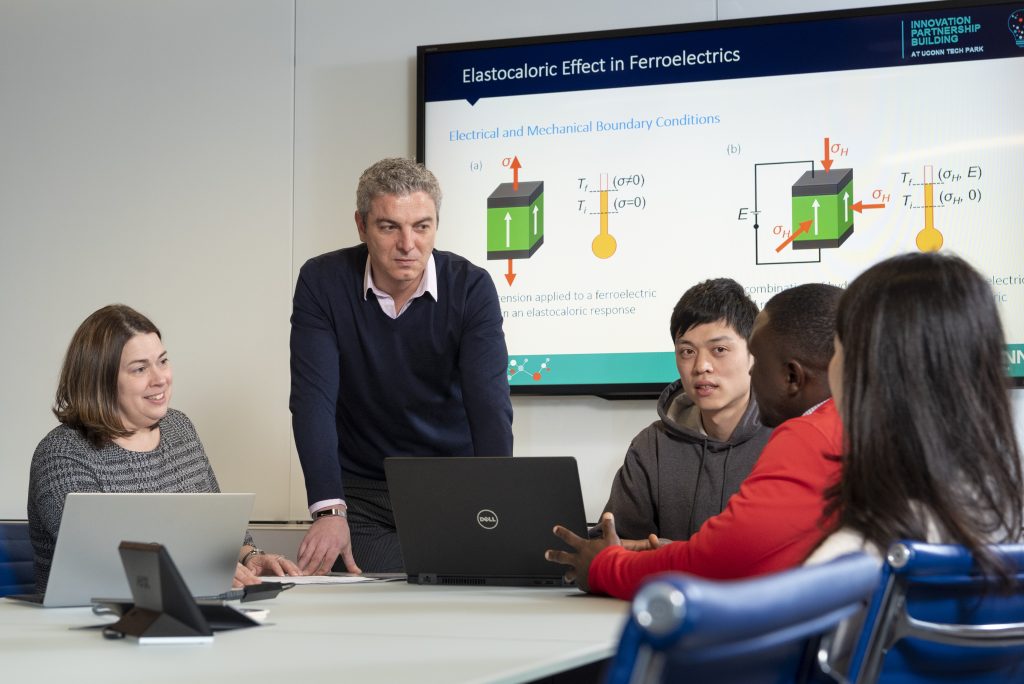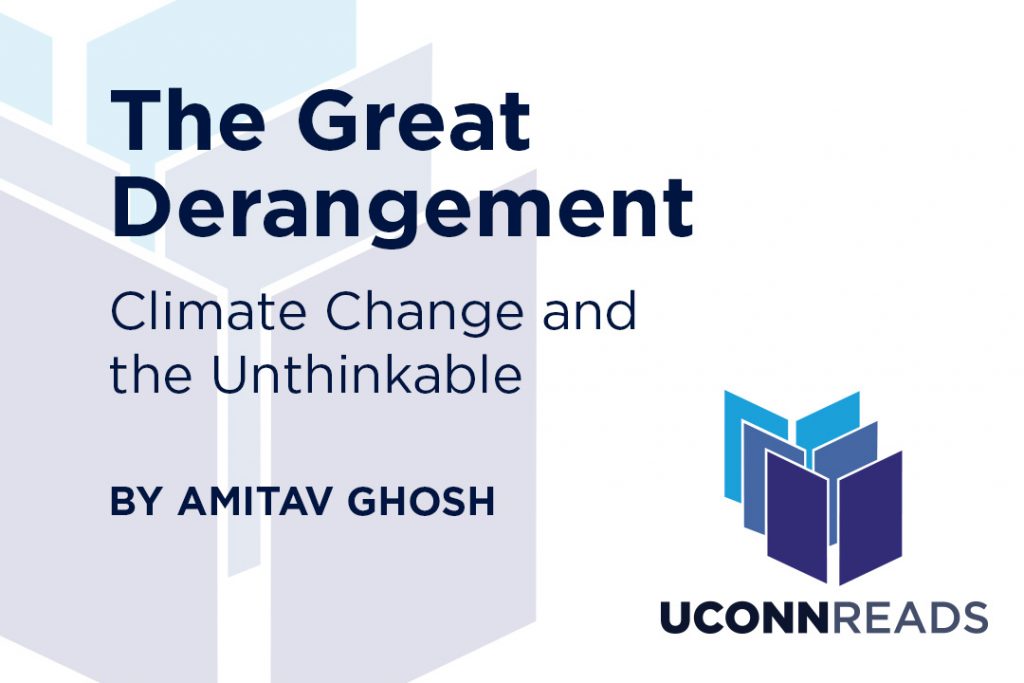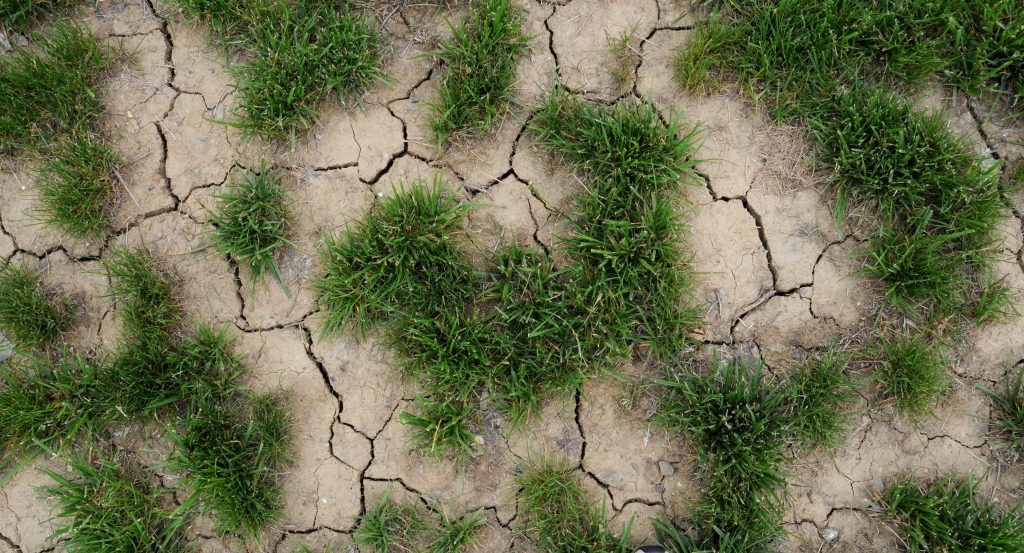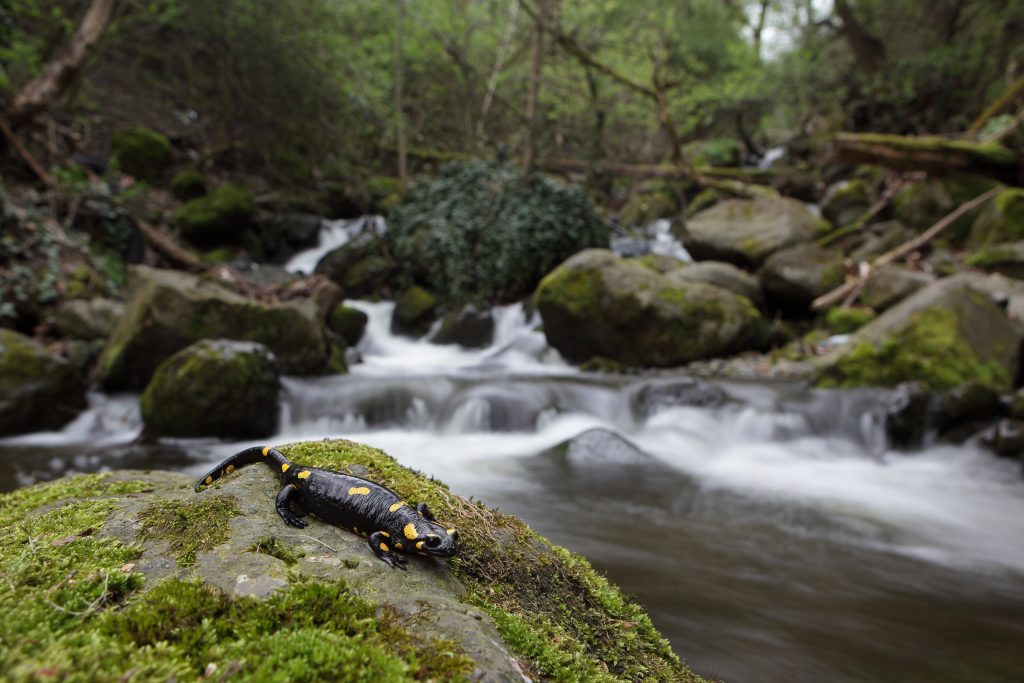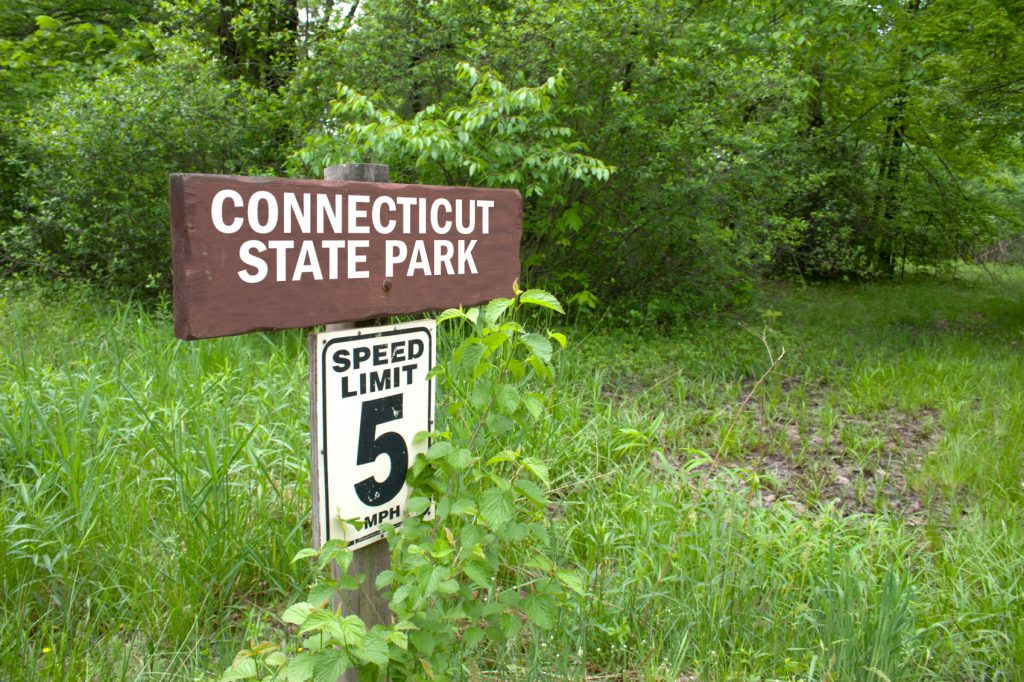Sustainability
Bury Christmas, And a Happy New Use: Repurposing Christmas Trees to Prevent Coastal Erosion
When Christmas is over, those formerly-decorated trees may have a new purpose in protecting Connecticut beaches and marshes from erosion.
December 22, 2020 | Anna Zarra Aldrich '20 (CLAS), Office of the Vice President for Research
With Global Challenges in Mind, Keeping a Decades-long Success Story at the Forefront
The world's success in addressing the crisis of acid rain could serve as a template for tackling similar challenges.
December 17, 2020 | Elaina Hancock
UConn, Mystic Aquarium Work Together to Enhance Animal Health
The Connecticut Veterinary Medical Diagnostic Laboratory at UConn and Mystic Aquarium have an education and animal health partnership that dates back almost 30 years.
December 1, 2020 | Stacey Stearns, UConn Extension
Shark Feast! And Insights about Carbon Sequestration
A team of researchers including UConn's Peter Auster stumbled on something rarely glimpsed by human beings - a deep-sea shark feast.
November 25, 2020 | Elaina Hancock
Past is Key to Predicting Future Climate, Scientists Say
A group of researchers say understanding climates of the very distant past will help us understand what the future might hold for the planet.
November 5, 2020 | Combined Reports
Switching it Up: UConn Professor Patents More Efficient Carbon Capture Reactor
UConn researcher George Bollas has patented a method of carbon capture that offers a number of improvements over existing methods.
October 28, 2020 | Anna Zarra Aldrich '20 (CLAS), Office of the Vice President for Research
‘The Great Derangement,’ Novelist Ghosh’s Meditation on Climate Change, is 2020-21 UConn Reads Selection
"The Great Derangement," a meditation on society's response to climate change, has been selected as the UConn Reads text for the 2020-21 academic year.
October 20, 2020 | Tom Breen
Q&A: When in Drought, Build Resilience
The abnormally dry weather Connecticut has experienced in 2020 may not be an anomaly for long.
October 16, 2020 | Elaina Hancock
Evolution on the Smallest of Scales Smooths Out the Patchwork Patterns of Where Animals and Plants Live
The next time you find yourself counting down the hours for your car to reach its destination, notice the natural patterns scrolling by your window. Many of these patterns reflect the hidden hand of evolution.
October 9, 2020 | Mark C. Urban, Director, Center of Biological Risk
Walk with Me – A Podcast Series to Elevate BIPOC Voices in the Outdoors
Neva Taylor '22 (CLAS) launched a podcast miniseries to explore why many outdoor spaces are unwelcoming to people of color.
October 6, 2020 | Elaina Hancock
